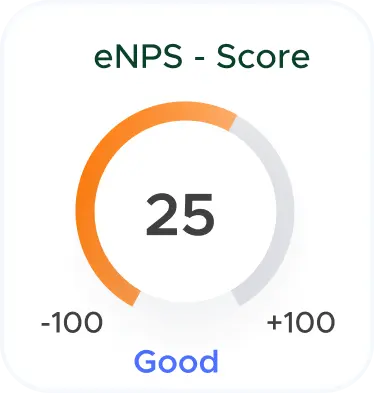✨ لا تفوت الفرصة! سجل في ندوة تقدير الموظفين عبر الإنترنت المقرر عقدها في 29 فبراير. 🎖️
✨ لا تفوت الفرصة! سجل في ندوة تقدير الموظفين عبر الإنترنت المقرر عقدها في 29 فبراير. 🎖️
سجل الآن
Overtime refers to the additional hours an employee works beyond their regular working hours, typically exceeding 40 hours per week. As mandated by various labor laws, these extra hours often come with a premium pay rate, commonly set at one and a half times the regular hourly rate.
Overtime refers to the additional hours employees work beyond their regular working hours, typically exceeding the standard 40-hour workweek in many countries.
Understanding overtime regulations is crucial for employers and employees to ensure fair compensation, maintain compliance with labor laws, and promote a healthy work environment. Failure to adhere to these regulations can lead to legal repercussions and financial penalties for employers, while employees may experience exploitation or dissatisfaction.
Overtime pay is typically taxed at the same rate as regular income. However, because overtime pay increases total income, it can push an individual into a higher tax bracket for that pay period.
The benefits of overtime are:
The challenges and concerns of overtime are:
Overtime Elite is a professional basketball league for high school players, offering them a salary and development opportunities instead of playing in traditional high school or college programs.
Salaried employees may or may not be eligible for overtime pay, depending on their classification as exempt or non-exempt under labor laws. Non-exempt salaried employees are entitled to overtime pay, while exempt employees are not.
Overtime is typically any hours an employee works beyond the standard workweek or workday, as defined by their employer or labor laws.
Salaried employees classified as non-exempt under labor laws are entitled to overtime pay for hours worked beyond the standard workweek.
Mandatory overtime is legal in many jurisdictions, but it must comply with labor laws, including maximum working hours and overtime pay regulations. However, there may be restrictions or regulations governing its use.
The overtime regulations are:
The best practices for managing overtime are:
The potential changes in overtime regulations are:
The strategies for preventing overtime abuse are as follows:

هذه استطلاعات قصيرة يمكن إرسالها بشكل متكرر للتحقق من رأي موظفيك في مشكلة ما بسرعة. يتضمن الاستطلاع عددا أقل من الأسئلة (لا يزيد عن 10) للحصول على المعلومات بسرعة. يمكن أن تدار هذه على فترات منتظمة (شهرية / أسبوعية / ربع سنوية).

يعد عقد اجتماعات دورية لمدة ساعة لإجراء دردشة غير رسمية مع كل عضو في الفريق طريقة ممتازة للحصول على إحساس حقيقي بما يحدث معهم. نظرا لأنها محادثة آمنة وخاصة ، فإنها تساعدك على الحصول على تفاصيل أفضل حول مشكلة ما.

eNPS (نقاط صافي المروج للموظف) هي واحدة من أبسط الطرق الفعالة لتقييم رأي موظفك في شركتك. يتضمن سؤالا مثيرا للاهتمام يقيس الولاء. تتضمن أمثلة أسئلة eNPS: ما مدى احتمال أن توصي بشركتنا للآخرين؟ يستجيب الموظفون لاستطلاع eNPS على مقياس من 1 إلى 10 ، حيث يشير 10 إلى أنهم "من المحتمل جدا" أن يوصوا بالشركة ويشير 1 إلى أنهم "من غير المحتمل للغاية" التوصية بها.

Employees may negotiate with their employers for alternative arrangements, such as flexible scheduling, hiring additional staff, or distributing workload more evenly to avoid mandatory overtime.
Overtime typically involves compensating employees more for hours worked beyond the standard workweek. It varies by jurisdiction and company policy.
College football overtime involves alternating possessions from the opponent's 25-yard line, allowing each team to score. This continues until one team outscores the other in the same number of possessions.
Overtime pay is usually calculated at 1.5 times the regular hourly wage for each hour worked beyond the standard workweek.
To calculate overtime pay, multiply the number of overtime hours worked by the employee's regular hourly wage and then multiply that amount by 1.5.